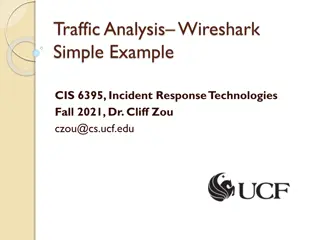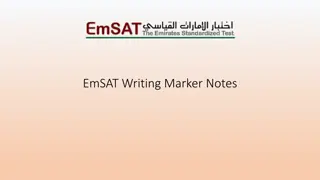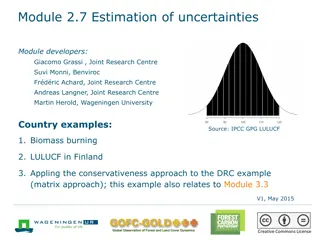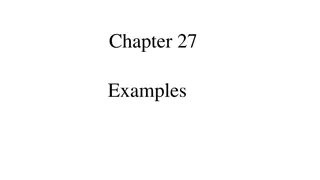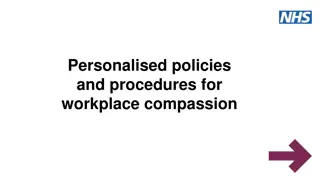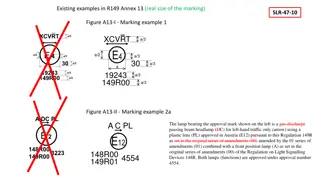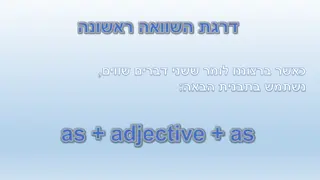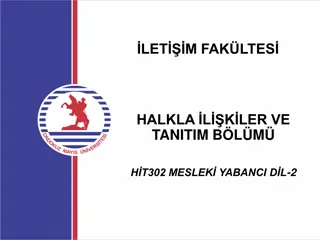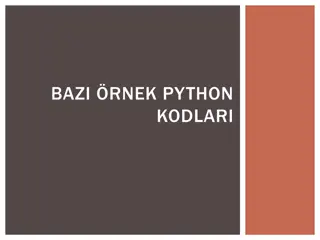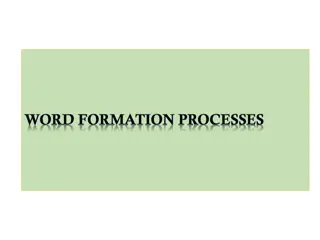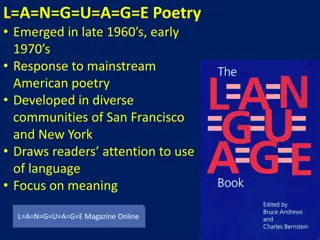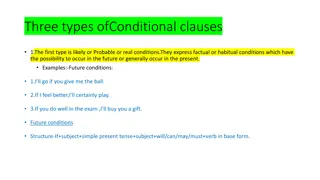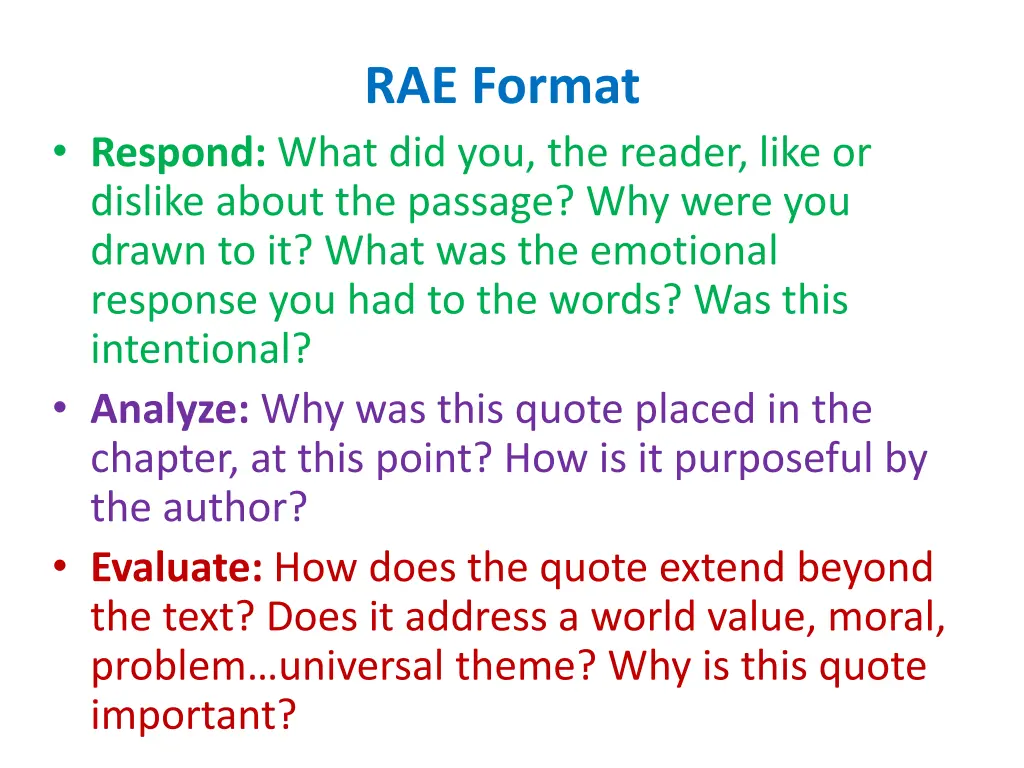
Understanding Prejudice and Suspicion in "To Kill a Mockingbird
Explore the themes of prejudice and suspicion through a passage analysis from "To Kill a Mockingbird." Delve into how the author uses the Radley family to showcase societal norms and expectations, the emotional impact on the reader, and the deeper implications of trust and faith.
Download Presentation

Please find below an Image/Link to download the presentation.
The content on the website is provided AS IS for your information and personal use only. It may not be sold, licensed, or shared on other websites without obtaining consent from the author. If you encounter any issues during the download, it is possible that the publisher has removed the file from their server.
You are allowed to download the files provided on this website for personal or commercial use, subject to the condition that they are used lawfully. All files are the property of their respective owners.
The content on the website is provided AS IS for your information and personal use only. It may not be sold, licensed, or shared on other websites without obtaining consent from the author.
E N D
Presentation Transcript
RAE Format Respond: What did you, the reader, like or dislike about the passage? Why were you drawn to it? What was the emotional response you had to the words? Was this intentional? Analyze: Why was this quote placed in the chapter, at this point? How is it purposeful by the author? Evaluate: How does the quote extend beyond the text? Does it address a world value, moral, problem universal theme? Why is this quote important?
Passages from the Text Ch. & Pg#s Responses Code The misery of that house began many years before Jem and I were born. The Radleys, welcome anywhere in town, kept to themselves, a predilection unforgivable in Maycomb. They did not go to church, Maycomb s principal recreation, but worshiped at home; Mrs. Radley seldom if ever crossed the street for a mid- morning coffee break with her neighbors, and certainly never joined a missionary circle. Ch. 1 Pg. 9 I m curious about the misery of the house and what happened. The Radleys don t act like many of the other people in town, and it seems that the town expects them to be like them. It seems that the town is a little closed minded in viewing the Radleys since they don t go to church or do other things common in Maycomb. The author may be have included this to show just how different they are. If almost everyone in the town goes to church or joins missionary circles, then it makes it seem like there is something strange about the Radleys. This seems to be a prejudice against their lifestyle since it seems that the town might not really know them and has become pretty superstitious about them. People often get suspicious about what they don t understand or what seems strange to them. RAE
This passage gave me a frightened feeling because it made me think that this could be true in my own life. It sort of gives you a wake up call the realization that things may not be what they seem. The author might have wanted the reader to feel this way because it adds to a feeling of foreshadowing. Things in this community aren t what they seem. It creates suspense and a feeling of uncertainty. Jonas may not be able to trust anyone, even his own parents. He may begin to question everything he has ever believed in. It can extend beyond the text because how can we ever know for sure about certain things? Sometimes we simply have to have faith in beliefs and people. Can people ever know the real truth? However, people can t think like this all the time or they will never allow themselves to trust, and trust is an important quality in most people s lives. Without trust, true bonds of friendship can t be formed. Dialectical Journal RAE Example His mind reeled. Now, empowered to ask questions of utmost rudeness and promised answers he could, conceivably (though it was almost imaginable), ask someone, some adult, his father perhaps: Do you lie? But he would have no way of knowing if the answer he received were true.
This entry has a lot of good ideas, but one part of RAE is missing. What information could be added?


